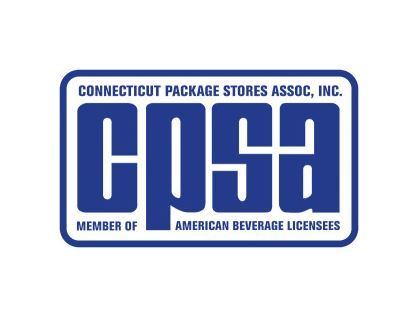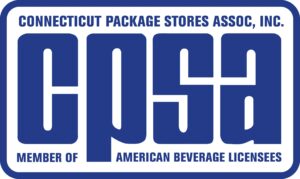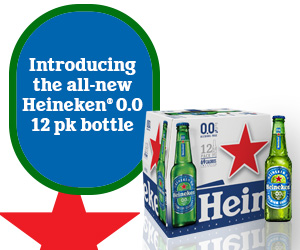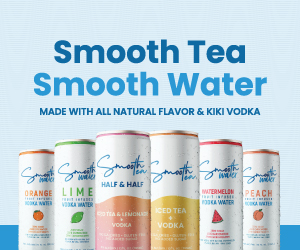

Sean Hughes, Account Director, Connecticut Package Stores Association.
Fostering Collaborative Solutions
By Sean Hughes
The urgency to address drunk driving in Connecticut has intensified following data showing a 166.7% increase in alcohol-related fatalities between 2012 and 2022—the highest percentage increase in the U.S., according to Latana Recovery. While various theories attempt to explain this alarming trend, the proposed solutions are even more numerous. The Connecticut General Assembly is expected to consider some of these before adjourning on June 4. A key to enacting change is ensuring all stakeholders are engaged in the process.
On April 24, 2025, the liquor industry convened a forum at the Legislative Office Building to discuss responsible drinking with representatives from drug and alcohol safety organizations. Diageo, widely recognized for its commitment to promoting responsible drinking, organized the event. Representing the retail liquor industry were the Connecticut Package Stores Association (CPSA) and the Indian American Package Store Association of Connecticut (IAPSACT). A representative from Mohegan Sun addressed the on-premise consumption side of the industry. Advocacy groups Mothers Against Drunk Driving (MADD) and Responsibility.org were also present to discuss their initiatives to reduce impaired driving in Connecticut and beyond.
All panelists shared their perspectives on the issue, along with their current prevention practices and ideas for future efforts. Mohegan Sun highlighted staff training to identify impairment in customers and underage individuals attempting to purchase alcohol. Servers and bartenders limit the number of drinks served to a customer over a set period. Additionally, staff at exits and parking garages redirect intoxicated individuals from driving, guiding them to food and beverage areas where they can sober up or arrange transportation before leaving.
Jean Cronin, Executive Director of CPSA, and Girish Patel, Executive Director of IAPSACT, discussed measures retailers take to verify customers are 21 or older before purchasing alcohol and their right to refuse a sale if someone appears underage. Cronin also spoke about CPSA’s long-standing partnerships with prevention programs that educate package store owners on proper ID verification.

Some retailers use Age Statement Forms, requiring customers to sign a declaration attesting to the validity of their stated age and identification. However, these forms have not consistently protected retailers from liability if a customer is later found to be underage. The increasing sophistication of fake IDs also poses a serious challenge, as they are often indistinguishable from valid ones—even with verification technology.
The forum also addressed efforts by some groups to expand the retail sale of alcohol to additional locations across Connecticut. CPSA and its partners have long opposed efforts by gas stations and large box stores to obtain liquor permits, and have worked to prevent the sale of more classes of alcohol at existing outlets such as food stores. Expanding the number of retail locations would likely hinder enforcement efforts, as law enforcement and regulatory agencies already face staffing and resource limitations.
MADD and Responsibility.org emphasized that April was Alcohol Safety Month and highlighted events taking place statewide and nationally to promote responsible consumption. All parties present affirmed that they are not opposed to alcohol consumption but are committed to ensuring that those who choose to drink are informed and have access to safe options.
Several alcohol brands have partnered with rideshare apps to offer discounted rides for major events, and rideshare platforms have incorporated the ability to schedule rides in advance to support planning. The forum also discussed a new technology slated for integration into vehicles as early as 2026. These systems can detect alcohol vapors through air sampling and prevent the vehicle from starting if intoxication is detected—serving as a final safeguard against impaired driving.
Overall, the forum fostered a valuable discussion among liquor industry members and advocates regarding prevention efforts and shared goals. This collaborative initiative sets a hopeful precedent for future prevention-related legislation.
Find out more about any of these issues and the benefits of membership at ctpsa.com.











